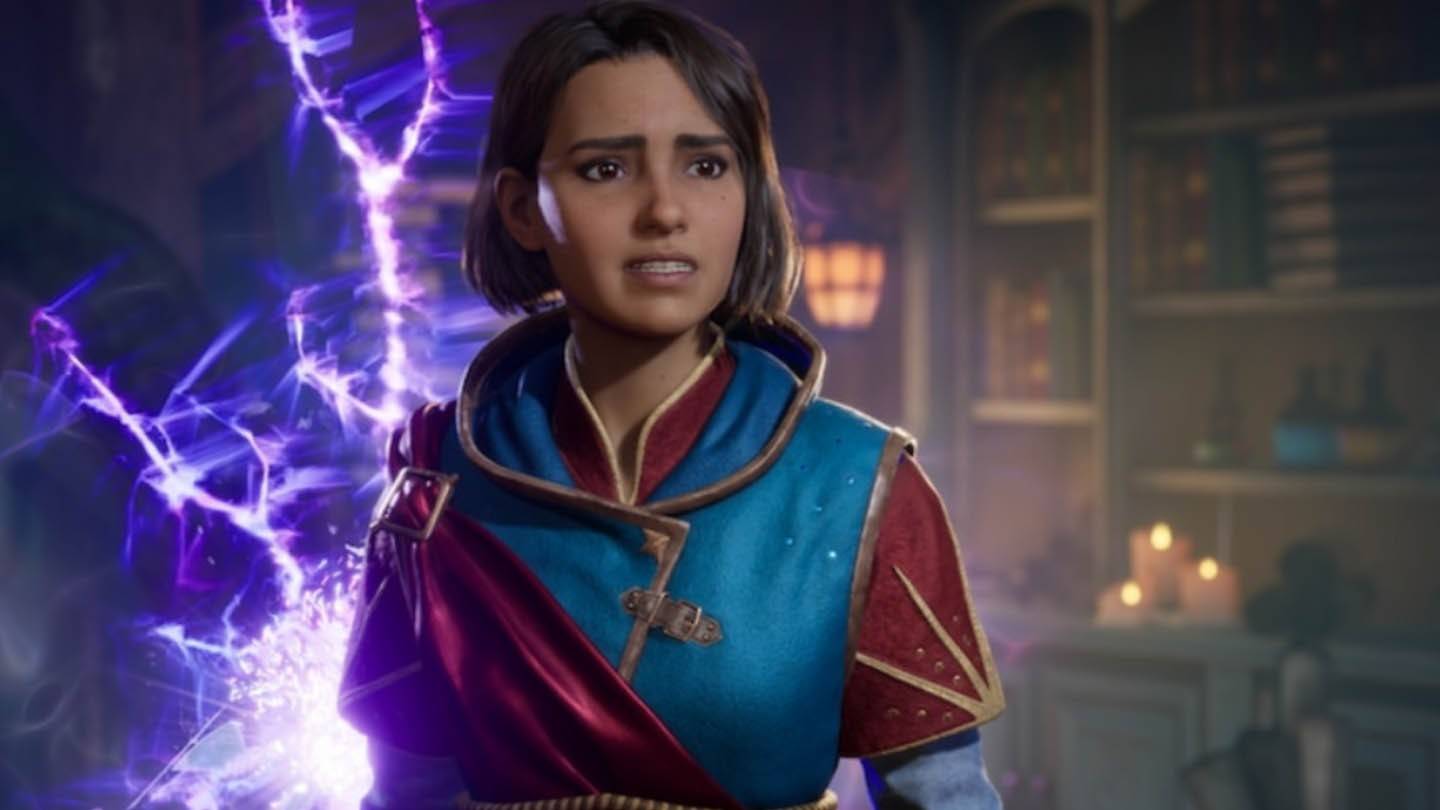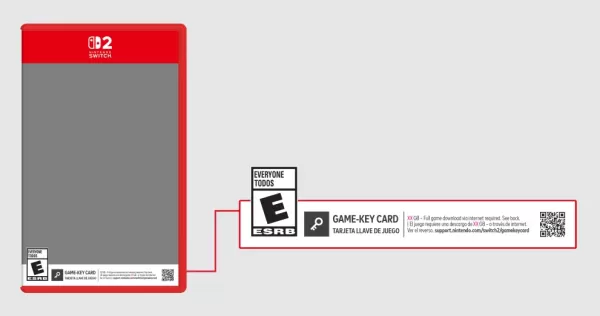
The eagerly awaited cooperative adventure game, *Split Fiction*, developed by the mastermind behind *It Takes Two*, encountered a significant setback just days after its launch on March 6, 2025. Released across multiple platforms, including PC via Steam, the game quickly garnered critical acclaim and positive reviews. However, it also became a target for piracy due to the absence of robust Digital Rights Management (DRM) protection.
Electronic Arts chose not to employ Denuvo, a commonly used anti-tamper technology, making *Split Fiction* more susceptible to unauthorized access. This decision allowed tech-savvy individuals to crack the game shortly after its release, leading to widespread distribution of pirated copies on various online platforms. As a result, unauthorized users could experience the full game without purchasing it, highlighting the ongoing battle developers face in protecting their creations from piracy.
The lack of Denuvo in *Split Fiction* underscores the delicate balance between ensuring player accessibility and maintaining game security. While many gamers appreciate the absence of intrusive DRM systems, which can impact performance, this choice also leaves titles more vulnerable to exploitation soon after launch.
Despite these challenges, *Split Fiction* has been lauded for its innovative cooperative mechanics, compelling storytelling, and striking visuals. Early feedback from players on Steam reflects this enthusiasm, with many praising the game as a fitting follow-up to Josef Fares' previous work. The game offers a unique cooperative journey, combining clever puzzles, emotional narrative elements, and dynamic gameplay, which has resonated well with legitimate buyers.
The decision to forgo Denuvo has reignited debates about the role of DRM in the gaming industry. While some argue that DRM can negatively affect game performance and alienate legitimate players, others see it as a crucial tool to combat piracy. In the case of *Split Fiction*, the absence of DRM may have facilitated its swift compromise, prompting questions about whether Electronic Arts underestimated the agility of hackers.


 LATEST ARTICLES
LATEST ARTICLES 











